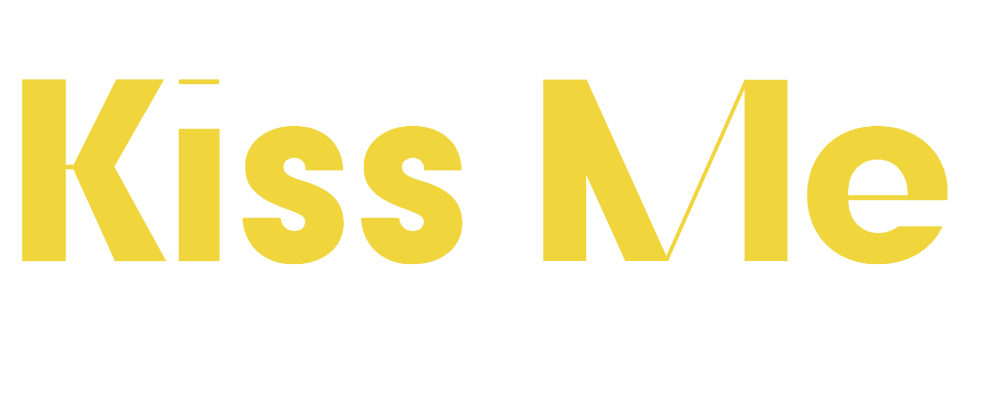AI can analyze emotional cues in your speech, writing, and facial expressions to detect signs of depression and other mental health issues. It looks for keywords, tone, and subtle mood shifts that may go unnoticed by humans. These systems can provide support, monitor your progress, and alert professionals if needed. While promising, technology still has limitations and ethical considerations. If you want to discover how AI is transforming mental health care, keep exploring further.
Key Takeaways
- AI analyzes speech, writing, and facial cues to identify emotional distress and signs of depression.
- Therapy chatbots monitor mood changes over time, offering early detection of depressive symptoms.
- Emotional analysis helps flag negative language patterns, alerting providers to potential mental health issues.
- While effective, AI’s accuracy depends on data quality; ethical concerns include privacy and consent.
- AI has potential to revolutionize depression detection by enabling timely, accessible, and personalized mental health support.

Have you ever wondered how artificial intelligence is transforming mental health care? It’s an exciting and rapidly evolving field, especially when it comes to detecting and understanding mental health conditions like depression. One of the key ways AI is making an impact is through emotional analysis, where machines interpret subtle cues in your speech, writing, or facial expressions to gauge your emotional state. This technology allows mental health professionals and even therapy chatbots to better understand what you’re experiencing beneath the surface. These chatbots use advanced algorithms to simulate conversations and provide support, but they also analyze your words, tone, and responses for signs of emotional distress. By doing so, they can identify patterns that might indicate depression or other mental health issues, sometimes even before you fully realize it yourself.
Therapy chatbots, in particular, are becoming more sophisticated, offering accessible and immediate support around the clock. They utilize emotional analysis to evaluate your mood and track changes over time, providing a form of continuous monitoring that traditional therapy can’t always offer. When you interact with these bots, they read between the lines—picking up on keywords, phrasing, and emotional cues—helping them to assess your mental state more accurately. This doesn’t replace human therapists but complements their work by offering early detection and ongoing emotional tracking, which can be *vital* for timely intervention.
Moreover, AI tools can process vast amounts of data quickly, making it possible to identify subtle shifts in mood or behavior that might otherwise go unnoticed. For example, if your language becomes more negative or disengaged over several conversations, the AI can flag these changes and alert a healthcare provider. This proactive approach could lead to earlier treatment, potentially preventing depression from worsening. The combination of emotional analysis and therapy chatbots democratizes mental health support, making it available to those who might hesitate to seek traditional therapy due to stigma, cost, or accessibility issues. Additionally, advancements in preppy dog names demonstrate how cultural trends influence naming conventions, similar to how AI is influenced by vast datasets to enhance its understanding.
While this technology isn’t perfect, and ethical concerns about privacy and accuracy remain, its potential to revolutionize mental health care is *indisputable*. AI-driven emotional analysis enables machines to understand human emotions at a deeper level, which could lead to more personalized and effective interventions. As these systems continue to improve, you might find yourself benefiting from more empathetic and responsive mental health tools that can detect depression early, offering support exactly when you need it most.
Frequently Asked Questions
How Accurate Are AI Tools Compared to Human Clinicians in Diagnosing Depression?
You’ll find that AI tools, while improving, still lag behind human clinicians in diagnostic reliability. Their algorithm accuracy varies, often influenced by data quality and model design. AI can support, but not replace, human judgment, especially since nuanced emotional cues and context are hard for machines to interpret. So, while AI offers promising assistance, human expertise remains vital for accurate depression diagnosis.
What Ethical Concerns Arise From Using AI in Mental Health Assessments?
You should consider ethical concerns like informed consent and algorithm bias when using AI in mental health assessments. You need to guarantee patients fully understand how their data is used and agree to it. Be aware that algorithm bias can lead to unfair or inaccurate diagnoses, potentially harming vulnerable individuals. Addressing these issues helps protect patient rights and promotes fair, responsible AI use in mental health care.
Can AI Detect Other Mental Health Conditions Beyond Depression?
Yes, AI can detect other mental health conditions beyond depression. By analyzing patterns through emotional recognition and early detection techniques, AI systems identify signs of anxiety, bipolar disorder, and schizophrenia. You can benefit from these advancements because AI helps monitor symptoms continuously and objectively. This enables timely interventions, potentially improving outcomes. However, guarantee ethical use and privacy considerations remain central as these technologies evolve.
How Do Privacy Laws Impact Ai’s Ability to Analyze Mental Health Data?
Privacy laws act as gatekeepers, shielding your sensitive mental health data like a fortress. They play a vital role in AI’s ability to analyze this information by enforcing strict data privacy and legal compliance. These regulations ensure your data stays confidential, but they can also limit access, making it harder for AI to detect mental health issues accurately. Managing this balance is essential to protect your rights while advancing mental health technology.
What Are the Limitations of Current AI Technologies in Mental Health Detection?
You should know that current AI technologies face limitations like bias issues and data scarcity. Bias issues can lead to inaccurate or unfair mental health assessments, especially if training data isn’t diverse. Data scarcity means there’s not enough high-quality, labeled data to improve detection accuracy. These challenges hinder AI’s ability to reliably identify depression, making it essential to address these limitations before widespread use.
Conclusion
As you explore AI’s role in mental health, it’s clear machines can offer valuable insights, like detecting early signs of depression through speech patterns. Imagine a hypothetical case where an AI monitors a patient’s daily interactions and flags subtle changes, prompting timely intervention. While technology isn’t a replacement for human care, it can enhance early detection and support. Ultimately, combining AI with traditional therapy could revolutionize how we understand and treat mental health conditions.









